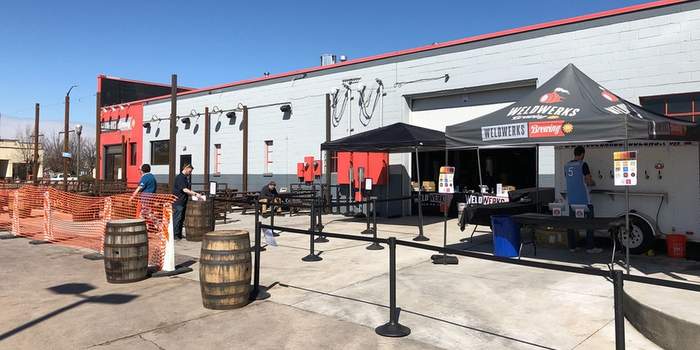
“It’s changed the nature of the business,” says Matt Lincecum, owner of Seattle’s renowned Fremont Brewing. “Even when we were a tiny, unknown brewery, our space was always packed. It’s a different vibe with so few people.”
He’s referring, of course, to the state of the brewery in the wake of the COVID-19 pandemic.
Craft breweries took an especially hard hit at the beginning. Back in April, the Brewers Association reported that the average brewery saw sales drop by a staggering 75%. Then summer came, and things started to feel almost normal. States loosened up on lock-down rules, and taprooms and restaurants opened up patios and sidewalk seating areas.
At a time when it seemed things couldn’t get worse, open-air — or, al fresco — dining provided a lifeline for much of America’s hospitality industry. In New York City alone, more than 10,300 businesses have been certified to offer outdoor dining since the summer.
Now, with temperatures already plummeting in some parts of the country, breweries have to make dramatic changes in order to weather the cold months ahead, without overstepping the CDC’s health and safety guidelines.
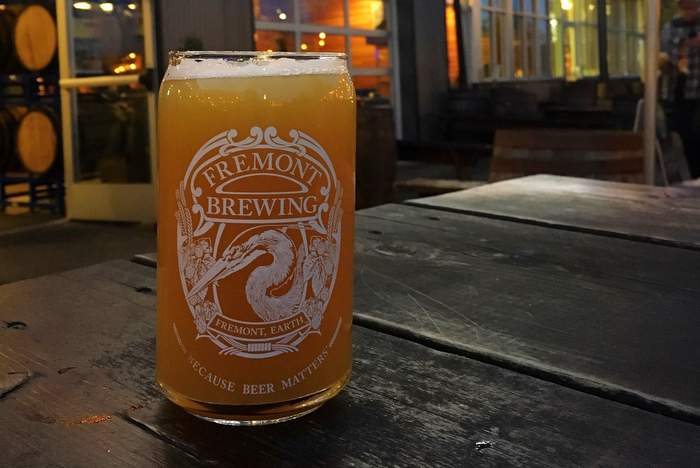
For Fremont, working with online retailer Tavour continues to be one viable way to give craft beer fans across the country access to their highly anticipated brews. Back on the homefront though, Fremont has shifted from mainly on-premise sales only in their Urban Beer Garden, to a larger share of sales through to-go and pickup orders. They have expanded their small-batch beer program as well, and are offering unique beers in crowlers available exclusively at the taproom.
During the summer, Fremont also launched a mail service to send their beers around Washington state, and started doing their own deliveries throughout the city of Seattle. Although these programs have since shut down, they exemplify the reality that breweries have had to adapt and adjust their business models on a weekly basis, just to stay alive.
To keep the spirit of the brewery alive for visitors this winter, Fremont has made all the needed safety changes. From lining their spacious, canopied beer garden with indiginous trees that will block the wind, to installing “hard-core,” ceramic natural gas heaters, and also arranging their picnic tables in accordance with social distance guidelines. And, of course, they will continue enforcing a no-mask, no-service policy.
It’s not been an easy road this year, to say the least. But, Lincecum stays positive about the next few months. “We’re grateful for what we have,” he says. “We know it could be worse.”
In Lincecum’s eyes, the challenges this winter brings are an opportunity to do great things for his community and for the industry. He says that his end-goal for Fremont is that they don’t have to let go of any staff, and they come out “a stronger, leaner company because of this.”
As their beers are not often found on bottleshop shelves outside of the West Coast and Colorado, Lincecum emphasizes that services like Tavour are playing a critical role in reaching this goal.
Greeley, Colorado’s WeldWerks Brewing is also taking matters into its own hands this winter. During the summer, they kept their indoor space off-limits. Guests could still enjoy sought-after WeldWerks beers like Juicy Bits Hazy IPA outside, in the comfort of the brewery’s two 20×40 party tents, complete with high-quality terf underfoot, a top-tier speaker system overhead, and six 8-person picnic tables in each tent.
For Colorado locals though, fall is quickly fading to winter, and the brewery is making constant changes. WeldWerks currently plans to remove the tents and reopen their indoor taproom space at 50% capacity, with seating available by reservation only.
Walk-ups will still have the option to sit and enjoy a beer outside on the patio. Ideally, WeldWerks plans to upgrade the space with 2 wind-blocking walls, a weather-resistant plexiglass roof, and 9 infrared radiant heaters to keep guests toasty and dry. Even these well-intentioned changes face hurdles in terms of adhering to air ventilation safety guidelines and state regulations.
WeldWerks’ marketing director, Jake Goodman, urges beer fans everywhere that “now more than ever, we need people’s patience to understand that we care so much about their experience.”
“But,” he says, “all 8,000 [craft] breweries are, for the most part, changing their strategies on the fly, weekly.”
Evil Twin Brewing, located in NYC, is another brewery making fast changes. They were fortunate enough to have ample outdoor seating onsite at the start of summer, polished off with umbrellas, awnings, and wall heaters.
And, they’ve been sharing many of the same imaginative beers served at the taproom with Tavour members. Offerings like their Midtown Dew Sour Ale (brewed with actual Mountain Dew syrup), and their popular new line of Evil Water hard seltzers have all made their way into beer lovers’ homes through the Tavour app since Evil Twin opened their NY taproom last year.
To help denizens of the Big Apple cope with the descending winter, however, the brewery plans to install large tents and more heaters in the outdoor area. The aim is to make guests feel as comfortable as ever while imbibing highly coveted brews at the taproom in the colder months.
Evil Twin’s Corey Gargiulo wants guests to know that “we’re doing everything we can to make sure people feel warm, safe and comfortable with our set up.” He makes it clear that they “will continue to adhere to all guidelines set by the CDC and New York State” while doing so.
Clearly, things won’t be simple. And capacity limits will restrict the number of people even allowed at the taproom. But, with online beer delivery services like Tavour, there is hope for craft beer lovers outside of NYC to get their hands on the Evil Twin brews they seek.
In places like New York and Seattle, city officials are devising plans to help businesses maintain al fresco drinking and dining as a safe option for guests. Proposed solutions to assist breweries through winter range from weatherized outdoor spaces, issuing free tent and heater permits, and even government-backed financial support.
Still, it all begs the question — what can guests, neighbors, and fans do to keep the craft beer community from freezing up this winter?
Jake Goodman of WeldWerks warns, “if the support isn’t there now, a lot of places aren’t going to be there next March.”
Many breweries will still offer curbside pickups and to-go orders through winter, for guests who wish to avoid drinking outdoors. Even stopping by your local brewery to purchase a gift card or two for the holiday season is a great step. “Whatever you can do with your dollars to support your local brewery is going to help,” encourages Goodman.
So, yes. Winter is coming, and it’s going to be a tough one. But, if we do our part now, there’s a chance some of our favorite breweries will make it out on the other side, alive and well.

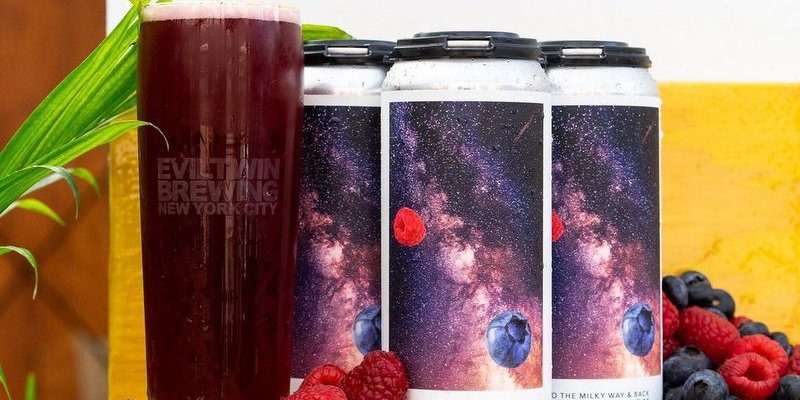
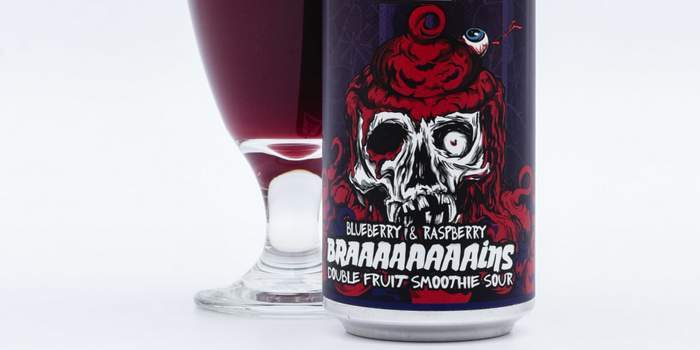
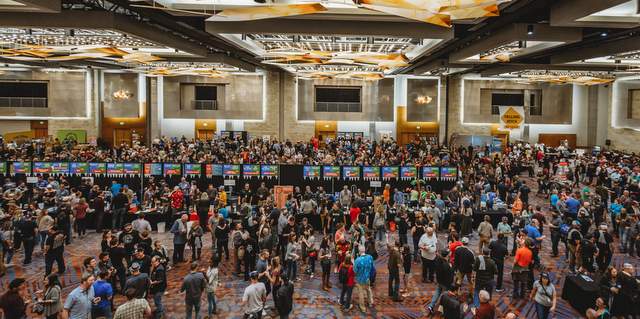
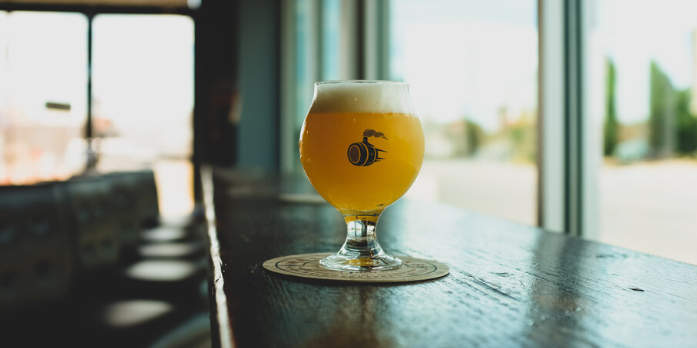
Leave a Reply
You must be logged in to post a comment.